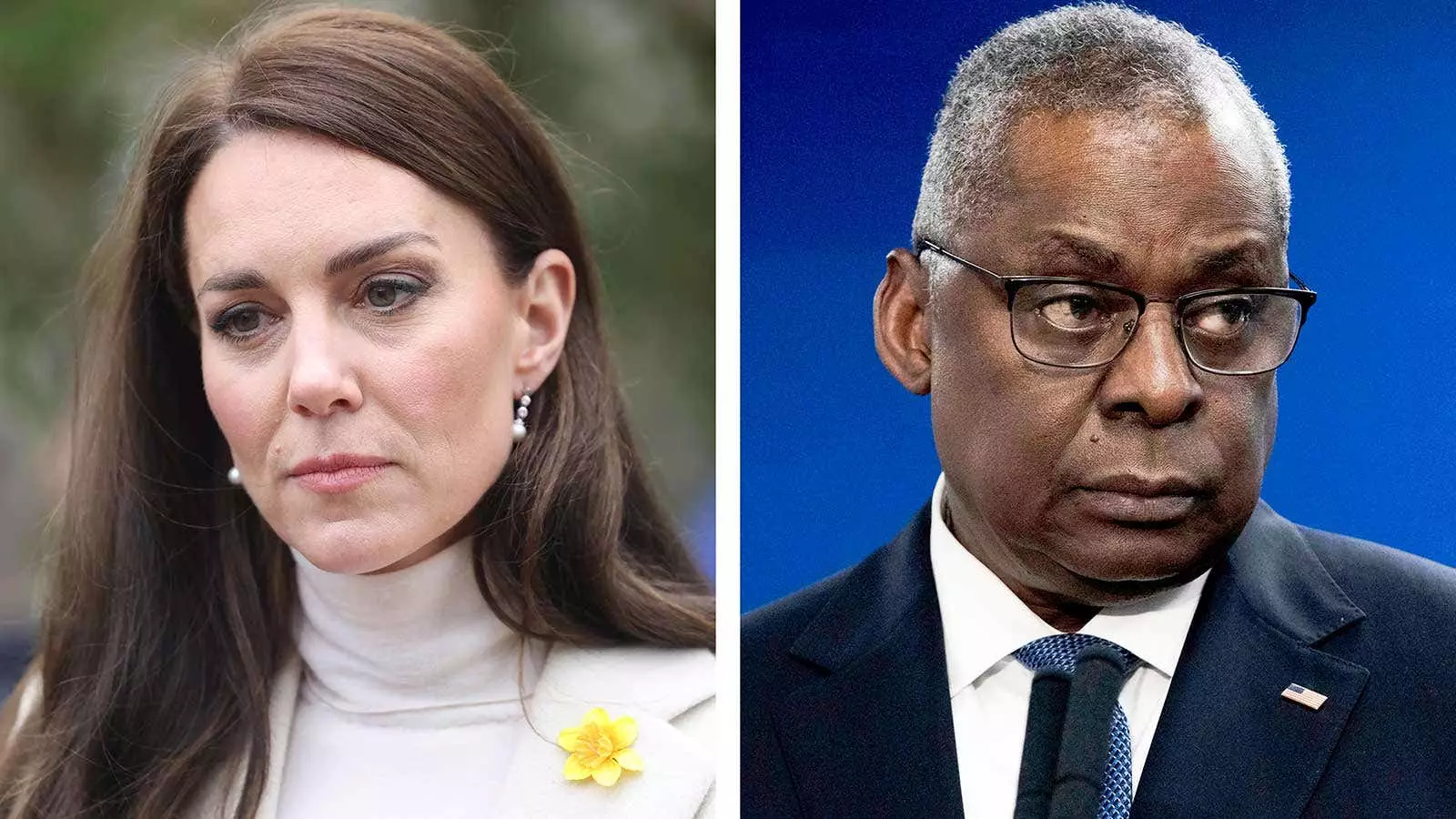Anthony Bridges, a man who was diagnosed with prostate cancer 6 years ago, has been very vocal about his experience ever since. He immediately shared the news with his Facebook friends and now works to encourage other men to speak with their doctors about getting screened. However, not everyone is as forthcoming, whether it be due to cultural reasons, concerns about privacy, or simply not wanting to discuss it. This reluctance to talk about cancer can be seen in the case of Defense Secretary Lloyd Austin and even Kate, Princess of Wales, who kept their diagnoses private for some time.
Dr. Otis Brawley, a professor at Johns Hopkins University, highlighted the historical reluctance of men to discuss prostate cancer, stemming from a time when cancer was referred to as the “Big C” and not openly talked about. However, public conversations began to shift when public figures like Bob Dole and Betty Ford shared their own cancer experiences, opening up the dialogue around the disease. Despite advancements in cancer treatment and declining death rates, cancer remains a significant health concern in the United States.
Elaine Smith, a counselor at City of Hope Cancer Center Atlanta, emphasized how patients’ willingness to share their diagnosis often depends on their personality and how they perceive others’ reactions. Some patients fear being solely defined by their illness and worry about how colleagues may view their work performance if they need to take time off for treatments. Additionally, explaining the situation to family, especially young children, can present unique challenges.
Dr. Bradley Carthon from Emory University’s Winship Cancer Institute highlighted the importance of patients having a support system during their cancer journey. Dr. Paul Monk from Ohio State University Wexner Medical Center suggested bringing a family member or friend to appointments to ensure the patient fully comprehends the information being shared by their healthcare provider. This additional support can not only provide emotional assistance but also help in addressing any misunderstandings or questions that may arise.
Anthony Bridges, who initially had no symptoms and only went for a checkup at his wife’s insistence, now participates in Project Elevation, a program aimed at reducing the stigma surrounding prostate cancer within the Black community. Through initiatives like this, Bridges hopes to change the narrative around cancer and encourage more open discussions about prevention and screening.
Openness and communication play a crucial role in how individuals navigate their cancer diagnosis and treatment. By sharing their experiences, patients can receive the support they need, break down stigmas surrounding the disease, and educate others about the importance of early detection and treatment options. Initiatives like Project Elevation demonstrate the power of storytelling and advocacy in creating positive changes within communities affected by cancer. It is essential for individuals facing cancer to feel empowered to speak up, seek support, and engage in dialogue that promotes understanding and empathy.


Leave a Reply